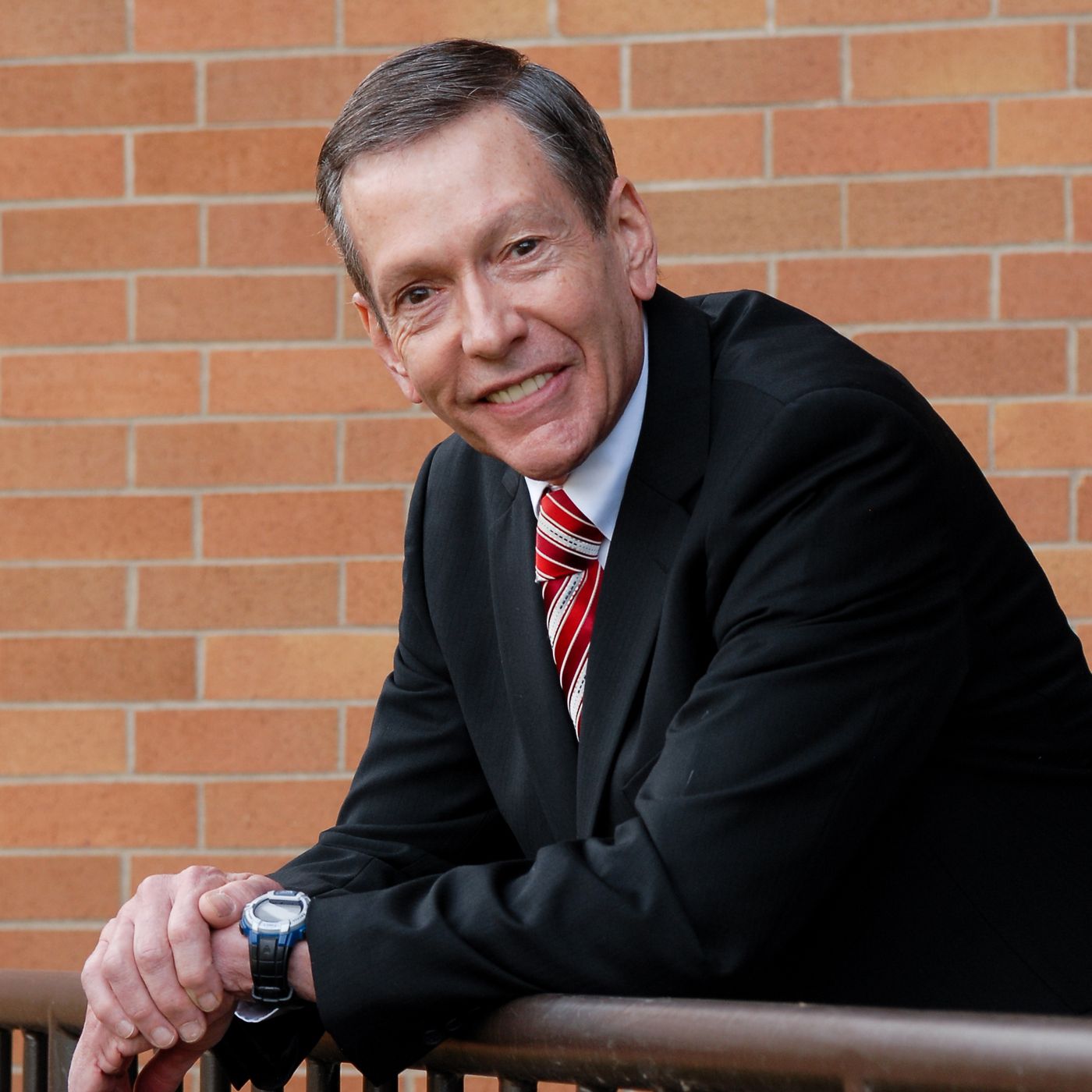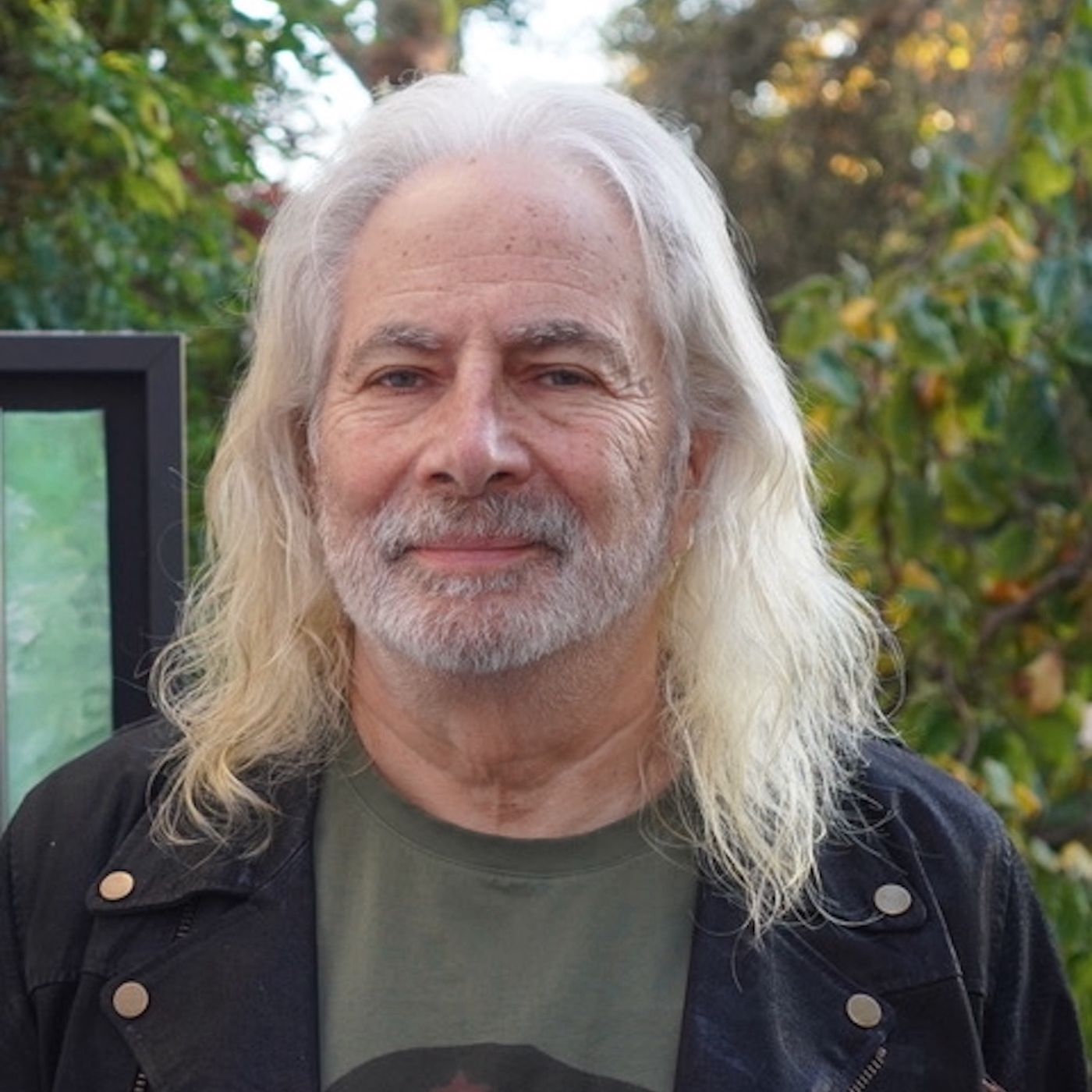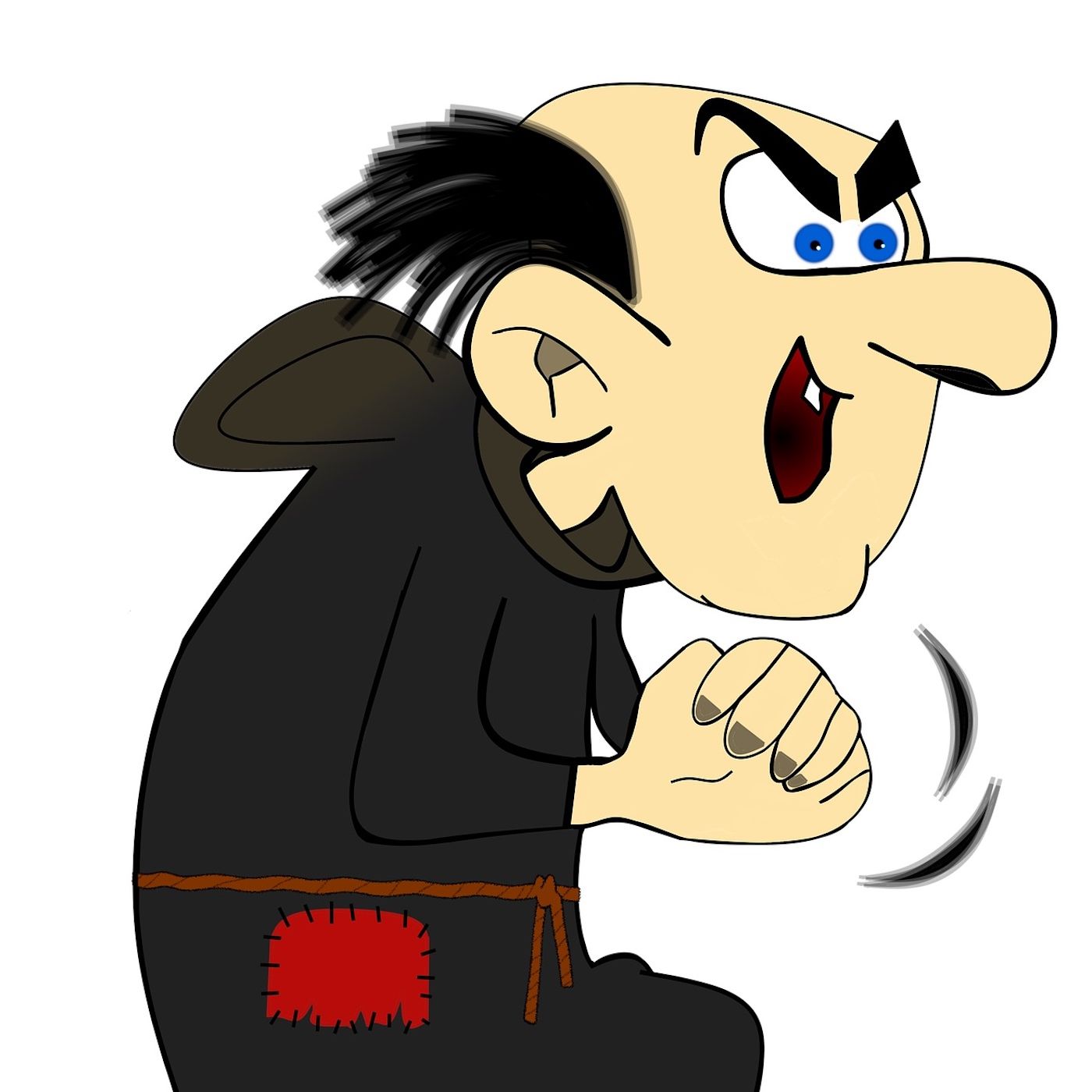In February 2020, attorney Joseph Fawbush wrote a piece for Findlaw.com entitled “Good News! People Think Lawyers Have an Average Amount of Integrity Now.”
Just average?
It's an old cliche. We often deride lawyers, often calling them "ambulance chasers," and it's no wonder given the seemingly never ending plethora of ads for law firms promising big payoffs if you're in an accident or are mistreated in a nursing home.
But what's the inside story? Do lawyers really abuse the system when there's a lawsuit that results in a big judgement for the plaintiffs? Do they walk away with most of the money instead of the victims? Remember the famous Blockbuster case in which millions of customers who unfairly had been charged late fees received coupons instead of cash, while the lawyers who presented the case received millions?
Filthy rich lawyers, indeed!
In this episode of the Lean to the Left podcast, which also appeared on the Justice Counts podcast, legal thriller author/attorney Mark M. Bello and I take a look at this issue. It comes in an interview with attorney Brian Felgoise and co-author David Tabatsky who collaborated to write a new book, "Filthy Rich Lawyers, the Education of Ryan Coleman."
It’s a sometimes hilarious novel, and the opening scene sets the stage when a young, ambitious lawyer, Coleman, decked out in his best suit and fancy shoes, is dressed down by the judge for falsely claiming that his $250,000 share of a settlement would not come out of the plaintiff’s piece of the pie. That scene draws you in, and as a reader, you’re hooked.
The attorney author, Brian Felgoise, is a graduate of Temple University Law School and has been practicing class-action law for more than 25 years, including cases where billions of dollars have been recovered for class members who lost a significant amount of money.
David Tabatsky has authored, co-authored and edited many novels, including The Boy Behind the Door, Friends Like These, The Marijuana Project, The Battle of Zig Zag Pass and Drunk Log.
His memoir, American Misfit, was published in 2017. Tabatsky was consulting editor for Marlo Thomas and her New York Times bestseller, The Right Words at the Right Time, Volume 2.
Here's a sample of some of the questions asked and answered during the interview:
Mark: There are a lot of great one-liners in the book. Here’s one that sums the whole thing up: “It’s a dirty job, and someone’s got to do it.” Does this book play into every terrible stereotype of lawyers, or does it have something complimentary to say?
Bob: In the book, there are multiple examples of lawyers receiving fees way out of proportion to the plaintiffs’ recoveries. I remember the Blockbuster litigation where the litigants each got a 5 buck coupon and the lawyer’s made millions. Are lawyers paid fairly in these cases or does the system need a fix?
Mark: On the other side of the equation, as the book points out, you have multiple evil companies, Enron, Halliburton, Charel, Perdue Pharma, FenPhen, Big tobacco, and others, that kill, make sick, or screw people or the government out of billions. With lives and billions of dollars at stake in these cases, fees should be large for all that hard work and the recovery of all that money? A class action is really the most expedient way to resolve cases like this, true?
Mark: I loved the Haliburton no-bid contract whistle-blower story in the book. That is a true story, right? Lawyers did a good job on that one, didn’t they? Then you’ve got Enron, where lawyers received $688 million, 5 times their billable hours. Shouldn’t a judge check that, as the book points out? In the book, you use the example where a painter quotes $400 to paint the house. The homeowner offers him $2,000. Should he refuse the money? Who would refuse? Should lawyers police themselves?
Bob: Here’s...
Just average?
It's an old cliche. We often deride lawyers, often calling them "ambulance chasers," and it's no wonder given the seemingly never ending plethora of ads for law firms promising big payoffs if you're in an accident or are mistreated in a nursing home.
But what's the inside story? Do lawyers really abuse the system when there's a lawsuit that results in a big judgement for the plaintiffs? Do they walk away with most of the money instead of the victims? Remember the famous Blockbuster case in which millions of customers who unfairly had been charged late fees received coupons instead of cash, while the lawyers who presented the case received millions?
Filthy rich lawyers, indeed!
In this episode of the Lean to the Left podcast, which also appeared on the Justice Counts podcast, legal thriller author/attorney Mark M. Bello and I take a look at this issue. It comes in an interview with attorney Brian Felgoise and co-author David Tabatsky who collaborated to write a new book, "Filthy Rich Lawyers, the Education of Ryan Coleman."
It’s a sometimes hilarious novel, and the opening scene sets the stage when a young, ambitious lawyer, Coleman, decked out in his best suit and fancy shoes, is dressed down by the judge for falsely claiming that his $250,000 share of a settlement would not come out of the plaintiff’s piece of the pie. That scene draws you in, and as a reader, you’re hooked.
The attorney author, Brian Felgoise, is a graduate of Temple University Law School and has been practicing class-action law for more than 25 years, including cases where billions of dollars have been recovered for class members who lost a significant amount of money.
David Tabatsky has authored, co-authored and edited many novels, including The Boy Behind the Door, Friends Like These, The Marijuana Project, The Battle of Zig Zag Pass and Drunk Log.
His memoir, American Misfit, was published in 2017. Tabatsky was consulting editor for Marlo Thomas and her New York Times bestseller, The Right Words at the Right Time, Volume 2.
Here's a sample of some of the questions asked and answered during the interview:
Mark: There are a lot of great one-liners in the book. Here’s one that sums the whole thing up: “It’s a dirty job, and someone’s got to do it.” Does this book play into every terrible stereotype of lawyers, or does it have something complimentary to say?
Bob: In the book, there are multiple examples of lawyers receiving fees way out of proportion to the plaintiffs’ recoveries. I remember the Blockbuster litigation where the litigants each got a 5 buck coupon and the lawyer’s made millions. Are lawyers paid fairly in these cases or does the system need a fix?
Mark: On the other side of the equation, as the book points out, you have multiple evil companies, Enron, Halliburton, Charel, Perdue Pharma, FenPhen, Big tobacco, and others, that kill, make sick, or screw people or the government out of billions. With lives and billions of dollars at stake in these cases, fees should be large for all that hard work and the recovery of all that money? A class action is really the most expedient way to resolve cases like this, true?
Mark: I loved the Haliburton no-bid contract whistle-blower story in the book. That is a true story, right? Lawyers did a good job on that one, didn’t they? Then you’ve got Enron, where lawyers received $688 million, 5 times their billable hours. Shouldn’t a judge check that, as the book points out? In the book, you use the example where a painter quotes $400 to paint the house. The homeowner offers him $2,000. Should he refuse the money? Who would refuse? Should lawyers police themselves?
Bob: Here’s...
Show Notes
In February 2020, attorney Joseph Fawbush wrote a piece for Findlaw.com entitled “Good News! People Think Lawyers Have an Average Amount of Integrity Now.”
Just average?
It's an old cliche. We often deride lawyers, often calling them "ambulance chasers," and it's no wonder given the seemingly never ending plethora of ads for law firms promising big payoffs if you're in an accident or are mistreated in a nursing home.
But what's the inside story? Do lawyers really abuse the system when there's a lawsuit that results in a big judgement for the plaintiffs? Do they walk away with most of the money instead of the victims? Remember the famous Blockbuster case in which millions of customers who unfairly had been charged late fees received coupons instead of cash, while the lawyers who presented the case received millions?
Filthy rich lawyers, indeed!
In this episode of the Lean to the Left podcast, which also appeared on the Justice Counts podcast, legal thriller author/attorney Mark M. Bello and I take a look at this issue. It comes in an interview with attorney Brian Felgoise and co-author David Tabatsky who collaborated to write a new book, "Filthy Rich Lawyers, the Education of Ryan Coleman."
It’s a sometimes hilarious novel, and the opening scene sets the stage when a young, ambitious lawyer, Coleman, decked out in his best suit and fancy shoes, is dressed down by the judge for falsely claiming that his $250,000 share of a settlement would not come out of the plaintiff’s piece of the pie. That scene draws you in, and as a reader, you’re hooked.
The attorney author, Brian Felgoise, is a graduate of Temple University Law School and has been practicing class-action law for more than 25 years, including cases where billions of dollars have been recovered for class members who lost a significant amount of money.
David Tabatsky has authored, co-authored and edited many novels, including The Boy Behind the Door, Friends Like These, The Marijuana Project, The Battle of Zig Zag Pass and Drunk Log.
His memoir, American Misfit, was published in 2017. Tabatsky was consulting editor for Marlo Thomas and her New York Times bestseller, The Right Words at the Right Time, Volume 2.
Here's a sample of some of the questions asked and answered during the interview:
Mark: There are a lot of great one-liners in the book. Here’s one that sums the whole thing up: “It’s a dirty job, and someone’s got to do it.” Does this book play into every terrible stereotype of lawyers, or does it have something complimentary to say?
Bob: In the book, there are multiple examples of lawyers receiving fees way out of proportion to the plaintiffs’ recoveries. I remember the Blockbuster litigation where the litigants each got a 5 buck coupon and the lawyer’s made millions. Are lawyers paid fairly in these cases or does the system need a fix?
Mark: On the other side of the equation, as the book points out, you have multiple evil companies, Enron, Halliburton, Charel, Perdue Pharma, FenPhen, Big tobacco, and others, that kill, make sick, or screw people or the government out of billions. With lives and billions of dollars at stake in these cases, fees should be large for all that hard work and the recovery of all that money? A class action is really the most expedient way to resolve cases like this, true?
Mark: I loved the Haliburton no-bid contract whistle-blower story in the book. That is a true story, right? Lawyers did a good job on that one, didn’t they? Then you’ve got Enron, where lawyers received $688 million, 5 times their billable hours. Shouldn’t a judge check that, as the book points out? In the book, you use the example where a painter quotes $400 to paint the house. The homeowner offers him $2,000. Should he refuse the money? Who would refuse? Should lawyers police themselves?
Bob: Here’s one of those quotes Mark talked about, from a big shot lawyer in the book: “I do not give a shit about Class Members. You hear me? I am only concerned with the riches I develop from the practice of law.” Is this a stereotype or true? Are there any lawyers out there who do what they do to help people or is it all just a money grab?
Mark: The book is very funny. I went to David’s website. As a Jewish boy myself, I enjoyed all his schtick, especially the fact that he performed magic and comedy at bar mitzvahs. I presume he’s the one with the sense of humor, but is Brian funny too?
Bob: Here’s another big shot quote in the book: “I have the greatest practice of law in the world because I have no clients.” How can you have a practice with no clients? Is that possible in real life?
Mark: Coleman and Waterman (one of the experienced guys) share an older lawyer, younger lawyer moment. The same thing happens with Coleman and Smalley, later in the book. The quote I want to point out is: “Do not speak unless spoken to.” Also, Smalley calls Coleman “son” in one of the scenes. I remember, early in my legal career, I’ve got a small case with this older hotshot, and he says to me: “Son, let me give you a lesson in the law.” I declined. We tried the case, and I kicked his ass. Were these situations based on real experiences in your life?
Mark: And how about Coleman’s initial go around with the judge? I loved it. We’ve all been there. A judge who goes out of his or her way to try to humiliate a young lawyer in front of his client. Very similar to the older lawyer, younger lawyer situation. After she puts on a show for the voters, she signs the order. So typical, right?
Bob: Brian: How much of you is in Ryan Coleman? I don’t want to ruin the book for anyone, but do the big boys succeed in corrupting him, or “educating” him as the book refers to it?
Bob: And what about the world of $375 million yacht and $16,000 bottles of booze, and expensive hookers for class action lawyers. Fact or fiction?
Mark: I think it was Smalley who said: “You see, Coleman, when I establish my position, no matter what it is, I will fight to the death. I’m not ever going to give up.” Is that really what it takes to be successful? No names, but is he based on a real lawyer?
Bob: Another line in the book: “Practicing law is the opposite of sex. Even when it’s good, it’s bad.” Do you believe that, or is it just a funny line in a novel?
Mark: How much of the story or the anecdotes in the story are true? How about the one where the senior partner comes in and finds a bag of shit on his desk? True?
Mark: And the federal prosecutor wanting to take down Hollis and essentially blackmailing Coleman to do it. Is that based on fact?
Mark: After making all that money in the class action world, why did you need to write a book? Don’t you have all the money you need? Share some with David.
Bob: How can people find you and your books?
Listen On
Also In Season 2
-

David Wann-Disarming Weapons of Mass Distraction
At a basic level, are humans chasing wants but neglecting essential needs like h -

Jack Kerfoot-Good News on Global Warming
The International Energy Agency has reported that the world will add as much ren -

Josh Malkin-Battling Book Bans
In dozens of states across the nation efforts are underway to influence, even in -

Fighting Times, Organizing on the Front Lines
It’s hard to believe that in this day and age unions representing freight rail w


Comments & Upvotes